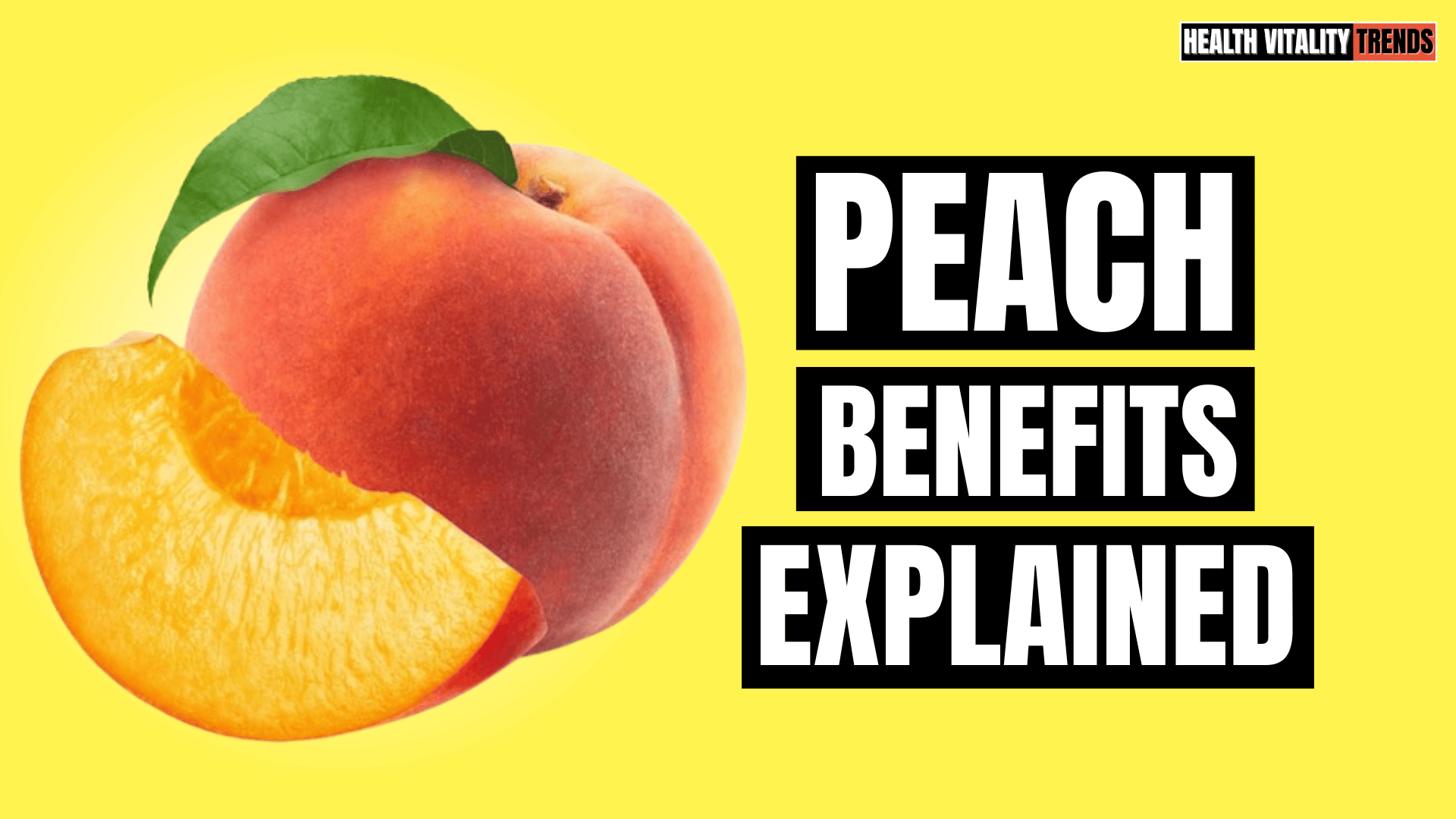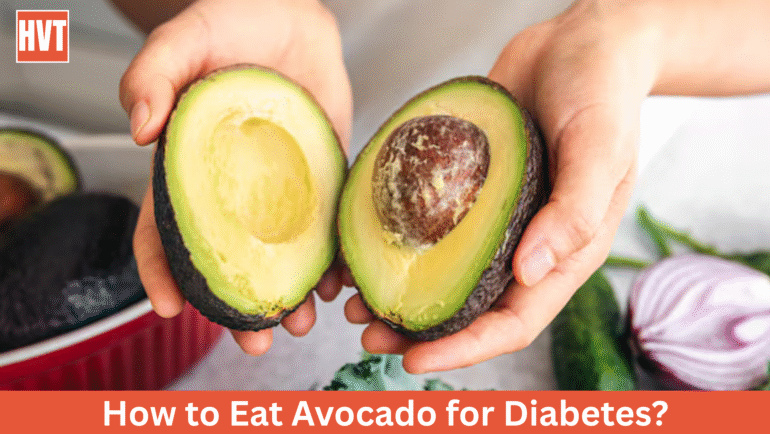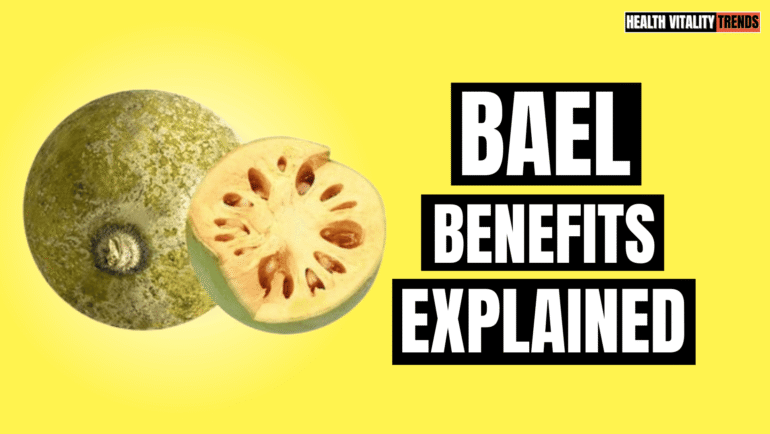
PEACH: Summer Flavor, Skin Radiance, & Nutrient Richness
Peaches are more than just a summer delight — they’re a juicy, fragrant fruit packed with nutrients that support your overall health. Loved for their sweetness and versatility, peaches are low in calories yet rich in vitamins, minerals, and antioxidants.
Whether you enjoy them fresh, grilled, or blended into smoothies, peaches bring both flavor and nourishment to your plate.
Let’s explore what makes this fruit special, its nutrition profile, benefits, and practical ways to enjoy it daily.
What is Peach?
The peach (Prunus persica)[1] is a stone fruit native to China, where it has been cultivated for more than 4,000 years. In fact, peaches are considered a symbol of longevity and immortality in Chinese culture.
The fruit spread along the Silk Road and became a favorite in Persia (modern-day Iran), which is why its scientific name carries the word persica. Today, peaches are grown worldwide, with peak season during late spring and summer.
A unique cultural note: In Japan, peaches are associated with the folklore hero Momotaro, or “Peach Boy,” who is said to have been born from a giant peach and became a beloved symbol of courage and good fortune.

What Does Peach Taste Like?
A ripe peach offers a perfect balance of sweetness and slight tanginess, with a floral aroma that makes it stand out from other fruits. The texture varies depending on the variety: clingstone peaches are soft and juicy, while freestone peaches are firmer and easier to slice.
Imagine a cross between a plum and an apricot — sweet, tender, and refreshing, with a melt-in-your-mouth juiciness.
Peach Nutrition Facts
Here’s the nutritional breakdown for 1 medium peach (about 150g) from USDA[2] data:
| Nutrient | Amount per Medium Peach (150g) |
|---|---|
| Calories | 59 kcal |
| Carbohydrates | 14 g |
| Dietary Fiber | 2 g |
| Protein | 1 g |
| Fat | 0.4 g |
| Vitamin C | 10 mg (16% DV) |
| Vitamin A (Beta-carotene) | 489 IU (10% DV) |
| Potassium | 285 mg (8% DV) |
Key nutrients to note:
- Vitamin C: Strengthens immunity and supports skin health by aiding collagen production.
- Potassium: Helps regulate blood pressure and fluid balance.
- Fiber: Supports healthy digestion and helps manage blood sugar.
Health Benefits of Peach
1. Boosts Skin Health: Vitamin C and antioxidants in peaches protect your skin from sun damage and help maintain elasticity.
2. Supports Digestion: With about 2 grams of fiber per medium peach, it aids bowel regularity and prevents constipation.
3. Promotes Heart Health: Potassium and antioxidants help lower blood pressure and reduce oxidative stress, supporting cardiovascular health[3].
4. Helps Maintain Healthy Weight: Low in calories but high in water and fiber, peaches keep you full without adding excess calories[3].
5. Strengthens Immunity: Vitamin C boosts white blood cell activity, while vitamin A supports mucous membrane health — your first defense against infections.
6. Provides Antioxidant Protection: Compounds like chlorogenic acid and carotenoids may reduce inflammation and lower the risk of chronic diseases[3].
How to Eat Peach
Peaches are delicious and versatile. Here are some easy ideas:
- Fresh Snack: Simply wash and bite into a ripe peach for a quick, hydrating snack.
- Smoothies: Blend peach slices with yogurt, banana, and almond milk for a refreshing summer drink.
- Grilled Dessert: Slice peaches in half, grill lightly, and drizzle with honey or pair with Greek yogurt.
Nutritionist tip: Peaches pair beautifully with cottage cheese or nuts for a balanced snack combining fiber, protein, and healthy fats.

How to Store Peach to Keep Them Fresh
- Ripening: If peaches are firm, leave them at room temperature in a paper bag to ripen within 1–2 days.
- Refrigeration: Once ripe, store them in the fridge for up to 5 days. Keep them in the crisper drawer to avoid shriveling.
- Freezing: Slice peaches, remove the pit, and freeze them for use in smoothies or desserts year-round.
A chef’s trick: Toss peach slices with lemon juice before freezing to preserve their color and flavor.
Possible Side Effects or Precautions
Side Effects
- Digestive Discomfort: Eating too many peaches may cause bloating or diarrhea due to their fiber and natural sugar (fructose).
- Allergic Reactions: Some people may experience oral allergy syndrome, with itching or swelling of the mouth.
- Excess Sugar Intake: Overeating peaches can raise blood sugar, especially in large servings.
Precautions
- Those with sensitive digestion should start with small servings to test tolerance.
- People with diabetes should monitor portion sizes due to natural sugars.
- Individuals allergic to birch pollen or related fruits should exercise caution.
- Avoid eating peach pits — they contain amygdalin, which can release cyanide if consumed.
Fruits Similar to Peach
- Nectarines: Nearly identical in flavor and nutrition but with smooth skin.
- Apricots: Smaller, less juicy, and slightly tarter, but high in beta-carotene.
- Plums: Juicier with a sharper tang, but offer similar antioxidant benefits.
Common FAQs About Peach
1. Is peach good for weight loss?
Yes. Peaches are low in calories and high in water, making them filling and supportive of weight management.
2. Can diabetics eat peach?
Yes, in moderation. With a medium glycemic index, peaches can fit into a diabetic-friendly diet when balanced with fiber and protein (NIH).
3. What is the best way to pick a ripe peach?
Look for peaches with a sweet fragrance, slight softness when gently pressed, and vibrant color without green undertones.
4. Are peach skins edible?
Yes, the skin is safe to eat and contains additional fiber and antioxidants. Wash thoroughly before eating.
Conclusion
Peaches are a sweet, nutrient-packed fruit that offer a wide range of health benefits, from better digestion to glowing skin and heart support. Easy to enjoy in countless ways, they’re as versatile as they are delicious. Next time you’re at the market, pick up a few ripe peaches and savor not just their flavor but also their health-boosting potential.








